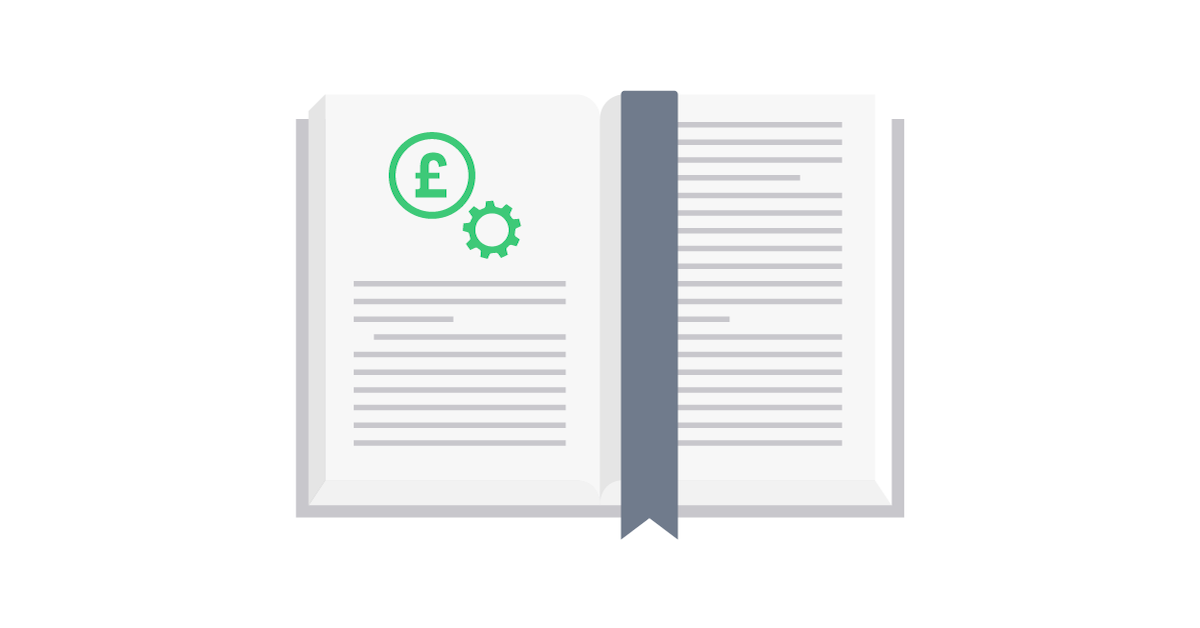
If you’re planning to go to university, you can consider taking out a loan to you cover your tuition fees and help pay your living costs.
If you’re Northern Irish and looking to study somewhere in Northern Ireland, here’s how student loans will work for you.
Tuition loans and maintenance loans: what’s the difference?
A tuition loan is used to pay your education costs. You’ll never see this money, as it gets sent straight to the university.
Your maintenance loan will be sent to your bank account. This money should help you cover the costs of living, including rent, groceries, transport and coursebooks.
The maximum amount you can receive in maintenance loan will depend on where you’ll be living during term-time, as well as your household income.
Tuition loans
Tuition fee loans are available from Student Finance Northern Ireland.
You’ll only start repaying the loan once you've graduated and are earning a certain amount. And the amount you repay depends on how much you earn.
They’ll also charge you interest on the amount that you owe.
Maintenance loans
In the 2018/19 academic year, you can get a maintenance loan of up to:
£3,750 if you’re living at home
£4,840 if you’re living and studying away from home outside London
£6,780 if you’re living and studying away from home within London
If your course has more than 30 weeks of term time, you’re eligible to borrow some additional money:
£55/week if you’re living at home
£84/week if you’re living and studying away from home outside London
£108/week if you’re living and studying away from home within London
Can I get a grant?
A grant is money you don’t have to pay back. You might be able to access either a Maintenance Grant or a Special Support Grant (but you can’t get both!)
A maintenance grant is based on your family’s household income. And the grant you can get depends on how much your parents or guardians earn.
A Special Support Grant is based on whether you’re eligible for means-tested benefits, like if you’re a single parent or have a disability. How much you can get is also based on your household income.
If your household income is less than £41,065, you’ll be eligible for a grant
If your household income is £19,203 or less, you can get a full grant of £3,475
If your household income is between £19,204 and £41,065, you can get a partial grant
You don’t have to pay grants back, unless you leave your course early or your household income changes significantly and you’re reassessed.
There are also specific grants available if you have dependants or a disability.
The Maintenance Grant can affect the amount of Maintenance Loan you can get, but the Special Support Grant doesn’t.
How do I get a student loan?
To apply for a student loan, you’ll need to complete an application online through Student Finance NI.
The application will ask you for things like your name, address, university course, passport details, emergency contacts and the income of your parents or carers.
For most courses starting in September, the deadline to apply for a student loan is late May. You can still apply up to nine months after the start of the academic year, but that might delay your payment.
The application can take a while to fill everything in, so give yourself plenty of time before the deadline!
How do I pay my university?
If you’ve been accepted for a student loan, you don’t need to worry about paying your university for tuition, as Student Finance NI will pay it directly.
Paying for university accommodation is a different matter. You university should explain how to pay them directly for your residence. This is usually done every term, and you may be able to set up a Direct Debit. The maintenance loan is there to help you with this cost – just remember to save enough of it, and to pay on time.
Repaying my student loan – how does it work?
When will I repay my student loan?
The earliest you’ll start repaying your student loan is the April after you graduate. You’ll only need to make payments once you earn more than £18,330 a year before tax.
If you haven’t paid back your student loan after 25 years, Student Finance NI will write off any outstanding debt.
How much will I pay?
You pay 9% of any earnings over £18,330 per year. This means the more you earn, the larger your payments will be.
For example, if you earn £20,000 in a year, you’ll pay 9% of £,000 (£150). If you earn £30,000 in a year, you’ll pay 9% of £11,670 (£1,050).
How will I repay it?
If you’re employed, your employer will take student loan repayments straight out of your wages – so it’s a lot like paying taxes.
If you’re self-employed, you’ll need to make repayments as part of your tax self-assessment.
You should keep Student Finance NI updated with any changes to your personal information or employment, especially if you’re planning to work abroad for more than three months.
How much interest will they charge me?
Interest will start being added to your loan from the moment you get it. Right now, the interest rate is 1.75%, but remember the rate can change so it’s working checking for updates.
Interest charges on your student loan don’t affect how much you repay each month. They just affect how much you owe overall.
We recently made Monzo available to 16-17 year olds! If you're a younger person, find out more about how instant spending notifications and smart budgeting can help you manage your own money 🚀
For more comprehensive guides and helpful tips on how to make the most of your money, follow Monzo Money Tips on Facebook!